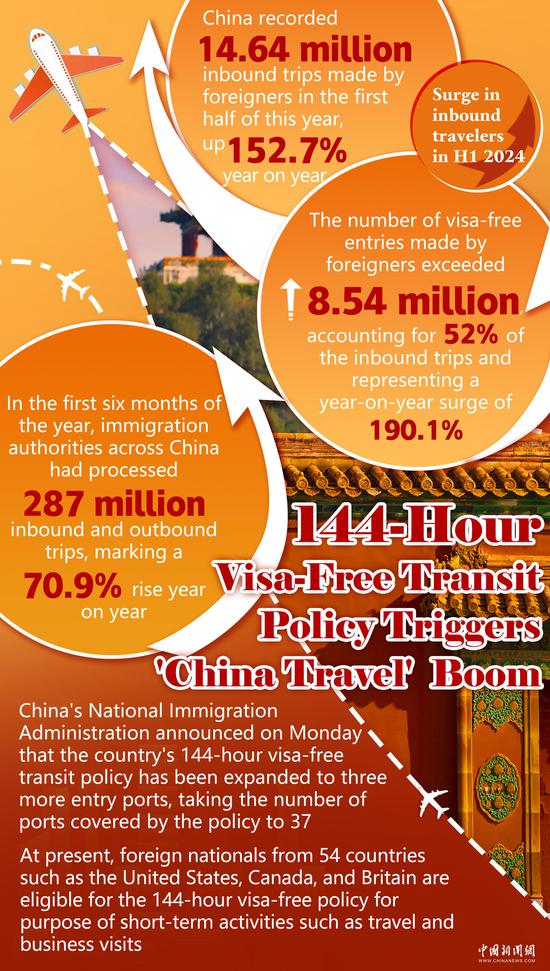Major advantages
China has made significant progress in developing AI technology. It is now home to more than one-third of the world's LLMs, according to a white paper released by the China Academy of Information and Communications Technology earlier this month.
The number of LLMs worldwide has reached 1,328, with 36 percent from China, the second-largest after the U.S., which accounts for 44 percent of the total.
By the first quarter of this year, there were nearly 30,000 AI companies worldwide, with the U.S. making up 34 percent, and China 15 percent, the white paper said.
The revenue of China's AI industry is estimated to reach 1.73 trillion yuan ($237.9 billion) by 2035, accounting for 30.6 percent of the world's total, according to market research firm CCID Consulting.
Wang Peng, a researcher at the Beijing Academy of Social Sciences, said, "China's major advantages in developing AI lie in abundant data resources and diversified industrial application scenarios, while the U.S. has taken the lead in basic AI research, chips, algorithms and other crucial technologies, as well as a sound innovation ecosystem."
Chinese enterprises should pool more resources to improve the quality of data required to train LLMs, cultivate AI talent, and expand cooperation with leading international AI companies, Wang said. More efforts are needed to make breakthroughs in core technologies covering AI chips and cloud servers, he added.
Training AI models imposes massive requirements on computing capacity, which will boost the development of the computing power industry, said Pan Helin, a member of the Ministry of Industry and Information Technology's Expert Committee for Information and Communication Economy.
More efforts are needed to beef up independent innovation abilities in the computing power of chips and programming software, Pan said. Investment should also be increased in basic scientific research — including mathematics, statistics and computer science — to narrow the gap with leading foreign competitors as competition in the global AI industry steps up, he added.
Price reductions
To accelerate the commercial use and popularization of AI technology, a string of major Chinese tech companies have recently announced significant price reductions on major LLM products.
Alibaba Cloud, for instance, slashed the price of its Qwen-Long LLM by a staggering 97 percent. In terms of performance, the LLM is claimed to be in the same league as OpenAI's GPT-4.
Baidu said its LLMs, including Ernie Speed and Ernie Lite, both launched earlier this year, are available free of charge for all enterprise users.
The lite version of Tencent's Hunyuan LLM is now free of charge, while prices of the standard versions have been slashed by 50 to 87.5 percent.
"When LLMs can become very cheap and available at any time for people to use, and without worrying about investment output, they will become akin to infrastructure, just like water and electricity. Under such circumstances, Chinese LLM companies will also have greater room for development," said Zhang Peng, CEO of Zhipu AI.
The technological strengths, application scenarios and training costs of AI models vary among different LLM companies, which leads to differences in pricing tactics, said Zou Debao, deputy general manager of AI and big data research at market research firm CCID Consulting.
Zou said the price war will likely squeeze profit margins of some LLM startups, while large Chinese LLM developers will further consolidate their dominant positions, expand market share, and grab more clients amid increasingly fierce competition.
Zhao Gang, head of CIO Manage, a Beijing-based digital economy market consultancy, said the AI model price cuts will boost the rapid growth of the LLM sector, and motivate companies to beef up independent innovation to roll out more large models for commercial applications.


















































 京公网安备 11010202009201号
京公网安备 11010202009201号